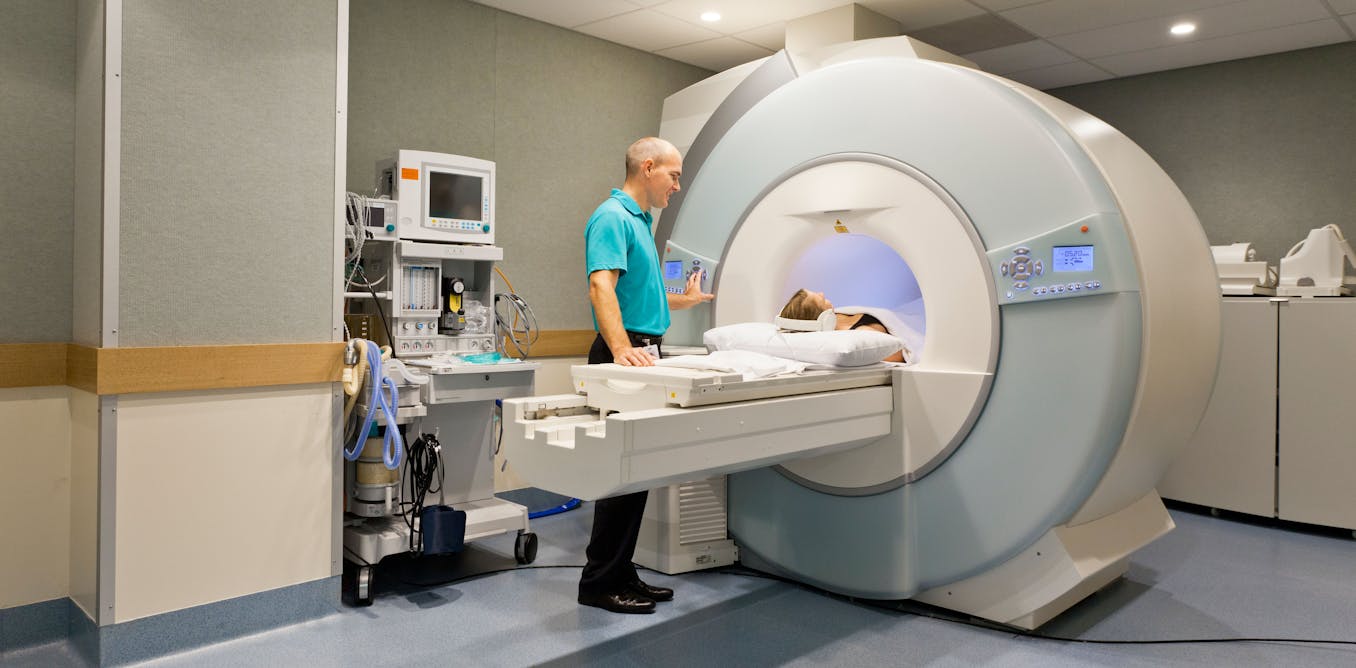Now Reading: Could CT scans be fuelling a future rise in cancer cases, as a new study suggests?
-
01
Could CT scans be fuelling a future rise in cancer cases, as a new study suggests?
Could CT scans be fuelling a future rise in cancer cases, as a new study suggests?

CT scans are an essential aspect of modern healthcare, commonly found in hospitals and clinics to provide doctors with quick and detailed insights into the body, aiding in diagnosing various conditions such as cancer, strokes, and internal injuries. However, a recent study suggests a potential hidden downside to the increasing reliance on this technology.
Published in Jama Internal Medicine, the study cautions that the CT scans conducted in the US in 2023 could potentially result in over 100,000 additional cancer cases in the future. If the current scanning rate persists, researchers estimate that CT scans may contribute to about 5% of all newly diagnosed cancers annually.
The escalating number of CT scans in the US, which has surged by 30% in just over a decade, has raised concerns. In 2023 alone, approximately 93 million CT exams were performed on 62 million individuals. While the risk from a single scan is relatively low, it is not negligible, with younger patients facing a higher potential risk, particularly children and teenagers due to their developing bodies.
Although more than 90% of CT scans are conducted on adults, making them the group most impacted overall, there are still concerns about specific cancers linked to CT exposure, including lung, colon, bladder, leukemia, and breast cancer in women. The study’s revised estimate of potential future cancer cases attributed to CT scans has significantly increased from previous projections, emphasizing the importance of monitoring radiation exposure to specific organs.
While CT scans are crucial in many medical situations and can be life-saving, efforts to minimize unnecessary scans and consider safer alternatives like MRI scans or ultrasound when appropriate could help mitigate risks. Newer technologies such as photon-counting CT scanners offer lower radiation doses, and the use of diagnostic checklists may assist doctors in determining the necessity of a scan.
It is important to note that the study does not definitively establish a causal link between CT scans and cancer in individual cases, as the estimates are based on risk models rather than direct evidence. Nevertheless, the potential of radiation to trigger cancer is well-documented, underscoring the importance of optimizing the use of CT scans to maximize benefits while minimizing risks as medical practices evolve.






